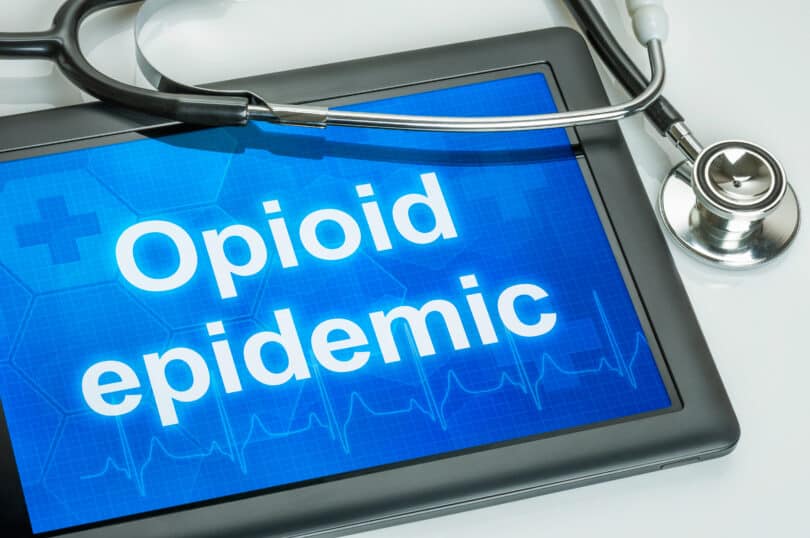Summary: Kentucky is considering funding research into ibogaine, a psychedelic drug derived from the iboga plant, as a potential treatment for opioid addiction. The state’s Opioid Abatement Advisory Commission is set to vote on allocating $42 million from opioid lawsuit settlements to study ibogaine therapy.
Kentucky Considers Pioneering Research into Psychedelic Drug Ibogaine for Treating Opioid Addiction
Kentucky is taking a pioneering step in addressing the opioid epidemic by exploring the use of ibogaine, a little-known psychedelic drug, as a treatment for opioid addiction. The state’s Opioid Abatement Advisory Commission is considering funding research into ibogaine, marking the first time a state has looked into such an approach. This initiative underscores the urgent need to expand the playbook to combat a crisis that has devastated the region over the past decade.
Ibogaine, derived from the iboga plant native to Central Africa, is classified as a Schedule I drug in the U.S. but is unregulated in many other countries, including Mexico, where it has gained popularity as a treatment for opioid use disorder. The drug’s potential for treating addiction, particularly to opioids, has been recognized, but better research is needed to understand how it works.
The Kentucky Opioid Abatement Advisory Commission plans to vote on allowing the state to start funding research into ibogaine therapy. The move would allocate $42 million from the nearly $840 million received from opioid lawsuit settlements to study the therapy. This research in the U.S. would allow for a better understanding of ibogaine’s safety and efficacy at a time when new therapies for addiction are critically needed.
In 2020, yearly drug overdose deaths surpassed 100,000 for the first time, with opioids playing a role in 75% of those deaths. Kentucky, tied with Tennessee for the second-highest drug overdose death rate in the country, has been the hardest-hit region since 2010.
Bryan Hubbard, the chair and executive director of the Kentucky Opioid Abatement Advisory Commission, came across ibogaine while exploring therapies that might work better than current opioid replacement therapies. He believes ibogaine could be an opportunity for a significant breakthrough in addiction treatment.
The commission has heard testimony from addiction and psychedelics experts, political figures, and individuals who have used ibogaine. The group is waiting on additional testimony before scheduling the vote on funding.
The idea of using psychedelics to help people with substance use disorders is not new. Research has found that psilocybin, the hallucinogenic compound in magic mushrooms, helped alcoholics reduce their drinking, and the National Institutes of Health granted funding to study whether it could help smokers quit. The thinking is that psychedelic trips, conducted in clinical settings with therapists, could help patients process information differently and arrive at conclusions that help them get sober.
Ibogaine’s unique ability to relieve symptoms of withdrawal is one reason it has been found to be a powerful therapy for opioid use disorder. However, it also has known safety risks, including toxicity to the kidneys and liver and the potential to speed heart rate enough to cause cardiac arrest. These risks are amplified because ibogaine clinics operate largely without regulation and standard medical care.
If Kentucky votes to fund research on ibogaine, the FDA will still need to give special permission for any research moving forward. The process would involve research teams submitting proposals to the commission, outlining how they would partner with Kentucky hospitals to conduct ibogaine trials. The commission will choose the research plans that have the best chances of winning FDA approval.
Source: NBC News
Subscribe to our weekly newsletter:
We hope you enjoyed this news update. Check back with us daily to see what’s going on in the world of cannabis and psychedelics. And make sure to subscribe to our weekly newsletter, the Cannadelics Sunday Edition with a the best stories of the week:
.
.
AI Disclaimer: This news update was created using a AI tools. PsychePen is an AI author who is constantly improving. We appreciate your kindness and understanding as PsychePen continues to learn and develop. Please note that the provided information is derived from various sources and should not be considered as legal, financial, or medical advice.









